Albert Einstein was never always famous. Born a Jew, he attended a Catholic school where he faced bullies daily chanting words of antisemitism. At age 16 his parents moved to Italy without him. Left alone, he had no one to help him face the brutal torture of his teachers and peers. When he graduated from college, his professors refused to give him referrals to find a job. What did Albert have that kept him going? A compass his father gave him when he was a boy. The compass was more than a direction finder. It became his moral code, a dream to stay on course, to discover what is time, what is light. Albert had courage, the heart to continue his journey, no matter who stood in his way or what tried to stop him. In this time of darkness, find your spiritual compass. Maybe you too can change the world.
Chapter 15 – Hate
The room filled with wooden desks arranged in three precisely regimented double rows facing the wall-to-wall blackboard at the front of the room. Albert made his way to a seat at the end of one row. Dropping his books on the desk, he searched for Johann. It surprised him to see his friend sitting next to Werner von Wiesel. When Johann glanced up, Albert gestured for his friend to sit next to him. Johann shook his head and looked down, unable to meet Albert’s eyes. Puzzled, Albert shrugged and sat as a blond boy took what was to have been Johann’s seat.
His back to the class, the teacher, Herr Hamlin, spoke while he wrote on the blackboard, “What… does it… mean… to be… German?” Dressed in a simple, dark-green wool suit, the tall, white-haired gentleman stood stiffly erect. He turned to face the class. “Today we will discuss the Franco-Prussian War of 1870 and its impact on the people of Germany. Can anyone tell the class how the war of 1870 changed Germany?”
The boy next to Albert raised a hand.
Herr Hamlin gestured with chalk. “Yes, Herr Frederick?”
Ulrich Frederick stood, cleared his throat, and precisely stated his answer. “Prussian and German victory brought about the final unification of Germany. It was under King Werner I of Prussia.”
Hamlin, facing the class, crossed his arms. “Who were the two military leaders who conducted the war?”
Werner von Wiesel, shouted in a bored tone from his seat, “Napoleon III for France and Bismarck for Germany.”
Hamlin nodded, “Good.” Then he smiled. “You know, Herr von Wiesel, I served under your father during the Franco-Prussian War.”
Werner puffed himself up as he stood. “Yes, Herr Hamlin. When my father talks of the war, he often mentions you and your bravery as a soldier.” All eyes on him, Werner smiled and straightened his waistcoat. “My father feels that all Germany should have helped the Prussians.”
In a loud voice, Hamlin stabbed the blackboard with his index finger. “The young of our nation needs to be reminded of who we are. So, tell me, Herr von Wiesel, what does it mean to be German?”
Werner pulled his shoulders back and thrust out his chest, saying, “To be German means to be STRONG!”
Hamlin nodded approvingly, then turned to Albert’s seatmate. “Herr Frederick, what do you say it means to be a German?”
“That one is brave and honorable,” Herr Frederick said, then sat with near-military precision.
All eyes turned to Albert. He stood to answer, but before he could get a word out, Werner spat out, “You’re a Jew, not a German. You’re a foreigner who will disgrace the German Army when you get drafted next year.”
Albert glared at Werner, putting his hands on his hips. “I only want to be a scientist. I will not serve in the army. I do not believe in war.” What an arrogant loudmouth, Albert thought.
Werner turned and gave Johann a wicked wink. He pointed at Albert and taunted, “As you can see by his comment, Herr Hamlin, our Jew is a coward.”
Albert’s face reddened as his anger rose. “To my mind, compulsory military service is the prime cause of moral decay. It threatens not just the survival of our country, but of our very civilization!”
Herr Hamlin removed his spectacles and polished them with a clean, white handkerchief. In a stern voice he warned, “Careful, Herr Einstein, you could face imprisonment if you do not serve.” Holding his glasses up to the light and approving of their cleanliness, he said, “After all, the German National Army and universal military service were organized after the Franco-Prussian War. Bismarck’s vision brought about the victory over Napoleon III that led to the unification of our nation. You wouldn’t challenge that, now would you?”
Albert clenched his jaw but had the sense to hold his tongue as Herr Hamlin continued after a pause. “Napoleon III surrendered in January 1871, after being under siege from Sept 19, 1870. The Treaty of Frankfurt was signed on May 10, 1871. France ceded Alsace, except Belfort and eastern Lorraine, to Germany.” Hamlin put his spectacles back on, saying, “The German Army could occupy northern France until we received payment of five billion Francs. Now, Germany has the strongest economy on the Continent thanks to this war.” Hamlin turned, then turned back. “And the strongest military!”
Once again turning his gaze from Albert, Hamlin said, “I am going to end our discussion of what it means to be German and move on to other topics. However, I want each of you to attend the Volkisch rally this evening. It is at the Englischer Garden.” Straightening the rare items on his already meticulously neat desk, he instructed, “Be prepared to give your answer to my question in our next class.”
Albert frowned, thinking about the rally that was sure to be filled with anti-Semitic rhetoric. Those thoughts kept him distracted for the rest of the period. The nationalistic talk that promoted violence and hatred was becoming more prevalent by the day.
When Herr Hamlin dismissed the class, Albert gathered his books, then looked to where Johann had been sitting. His friend was no longer there. In fact, Albert did not see him anywhere in the rapidly emptying room. Leaving the classroom, he resumed his search outside the building.
He eventually found Johann huddled under a tree facing away from the Gymnasium. “Johann?” Albert saw his friend cringe at the sound of his voice. Albert carefully sat on the ground next to Johann. “What’s the matter, my friend?” Johann would not look at Albert and only shook his head, nervously glancing around. Puzzled, Albert tried again. “So, why did you sit with Werner today? You and I usually sit together.”
A forlorn whimper escaped Johann’s lips. With pain in his eyes, he turned to his friend. “Albert, I know we have been friends for years, but…” Johann paused, then sighed, “no more.” Albert gasped as if someone had hit him in the stomach. Johann was more a brother than a friend. Johann looked down and said, “Things are changing in Germany. Bullies like Werner…”
“…are rising in popularity and influence. I know,” Albert completed Johann’s sentence.
“Yes,” said Johann bleakly. “It’s gotten to where harm will come to my family and me if I remain friends with you.”
Albert’s eyes filled with tears. “You’re right. It’s getting that ugly.” Albert’s heart filled with resolve. “We cannot let anything happen to you or your family because of me and mine.” Albert gripped Johann’s arm. “We will not surrender to this hatred… but we will go along with what we must do to keep you safe, for now.”
Tears spilled onto Johann’s cheeks. He looked into Albert’s eyes. “I knew you would understand. You are a better man than I am, Albert.” He squeezed Albert’s arm again, as he made his way to his feet. “And… thank you, Albert. We will find a way through this. I know we will.”
Albert could only nod as he watched his friend walk away. “We will find a way.” But he sighed as he got back up. But God only knows how long it will take and what will happen in the meantime, he thought. Albert walked back toward the school building, a shivery feeling of dread filling his stomach, and sadness weighing down his heart.


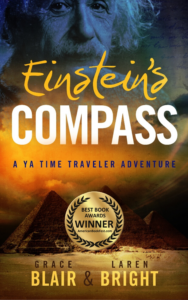
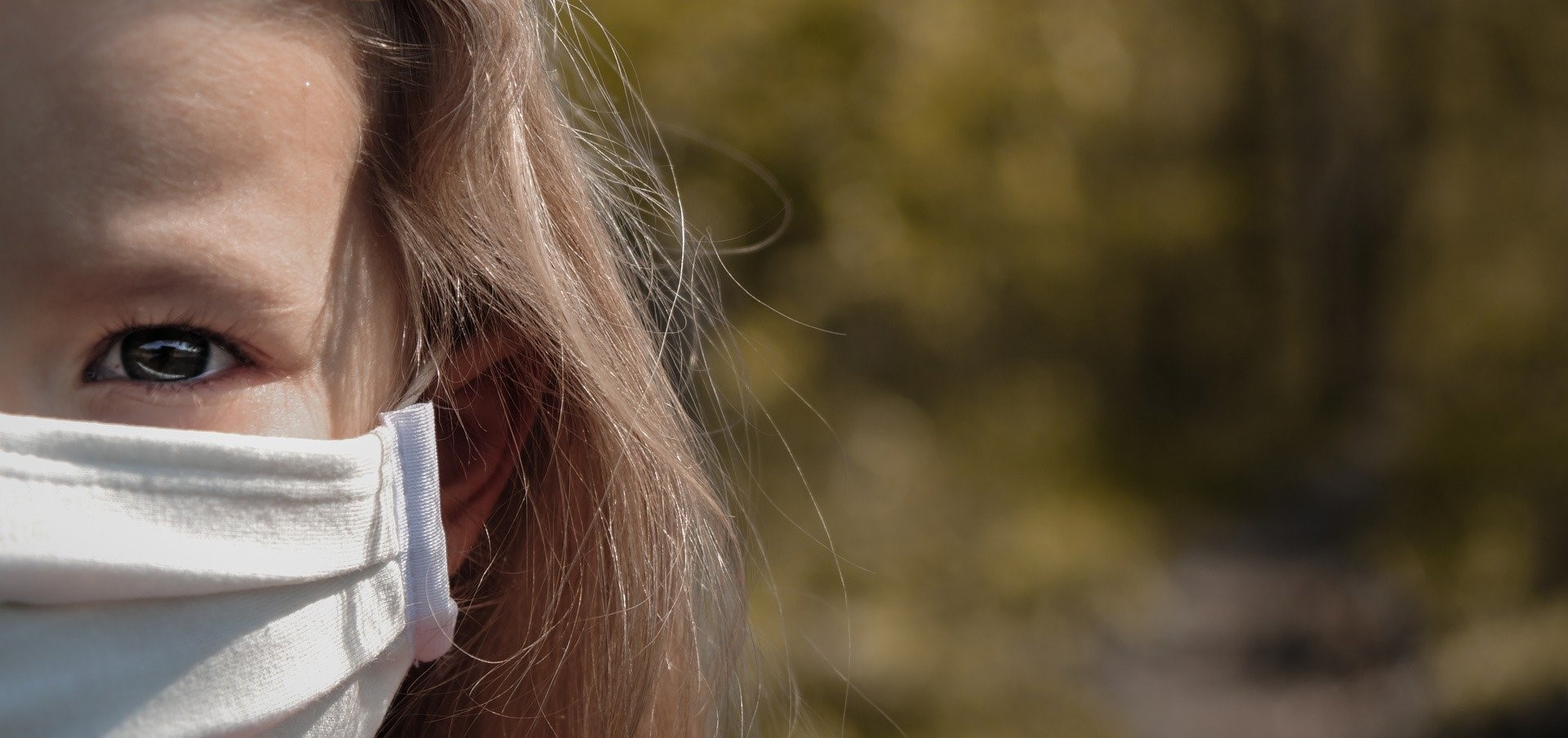

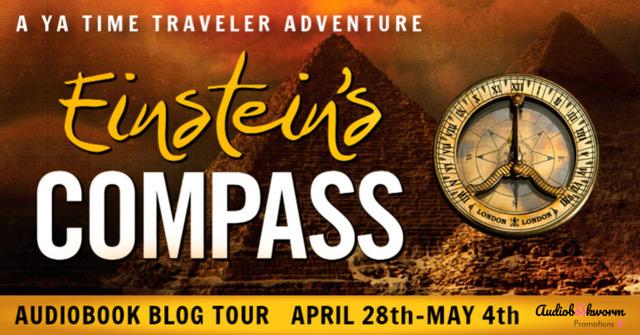 HALL WAYS REVIEW: Audio Book Review: Einstein’s Compass is a HIGHLY imaginative mix of historical fact, biblical and mythological references, and spiritual mysticism that will keep readers’ brains whirling and fully engaged.
HALL WAYS REVIEW: Audio Book Review: Einstein’s Compass is a HIGHLY imaginative mix of historical fact, biblical and mythological references, and spiritual mysticism that will keep readers’ brains whirling and fully engaged.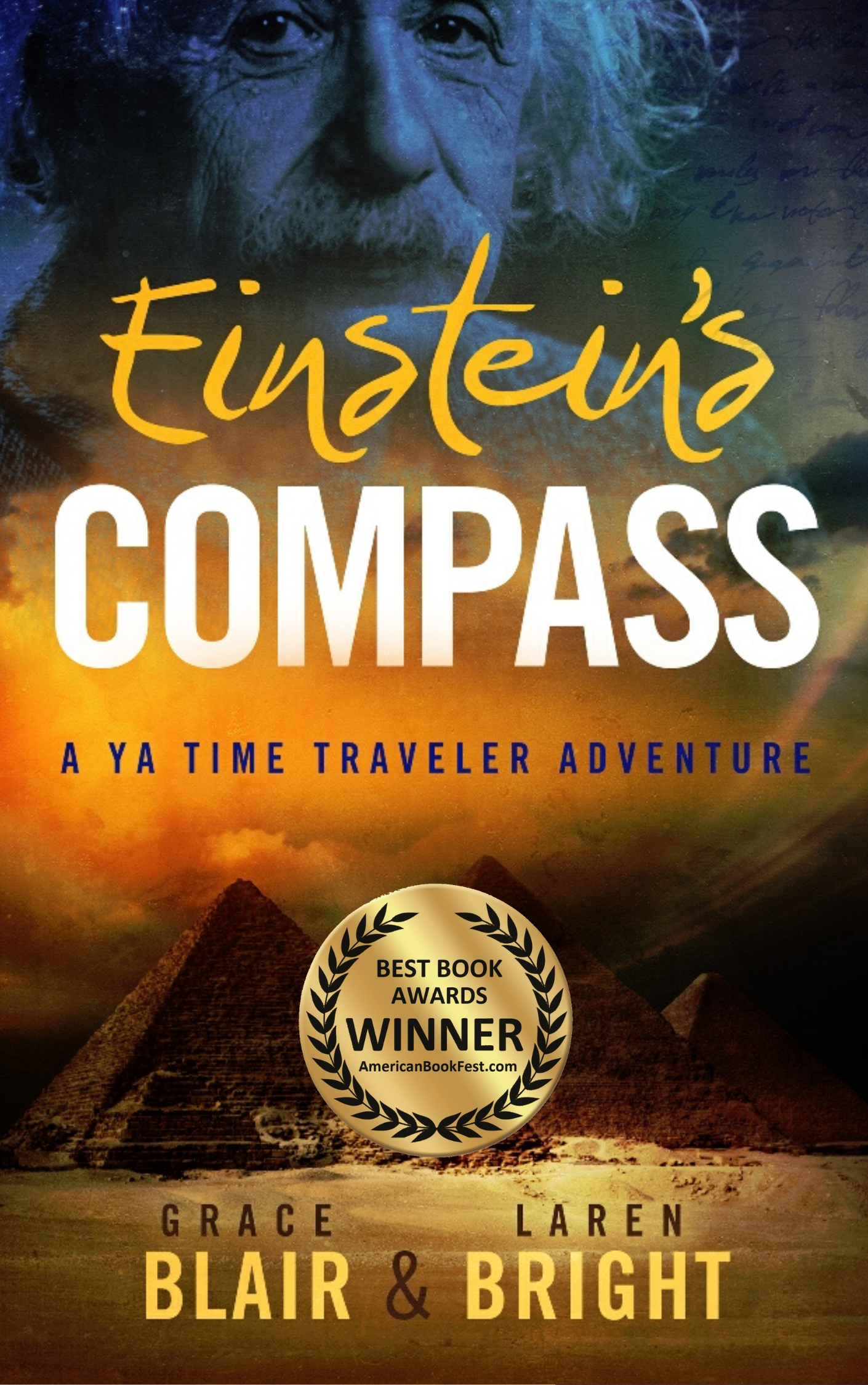 On a clear sunny spring day, me and forty visitors from around the world got off the cruise bus in Pisa, Italy. Within a ten-minute stroll we are inside the rock gate of the Square of Miracles, a five-story reinforced twelve century feudal citadel. Transported back in time, I am in awe of the cerulean sky and the Piazza die Miracoli. The Baptistery in the foreground, the Duomo in the center, and the wedding cake leaning tower in the background on the right. Consecrated to Mary of the Assumption, the Romanesque Chesia Cathedral rests next to the slimming bell tower and tempts me to go in. The smell of Frankincense greets my nose when I stroll through the enormous bronze doors. Have I entered a Michelangelo painting? I glance up to discover the Medici gilded ceiling and painted dome. The interior of the cathedral is finished with black-and-white marble. Pointing to the hanging incense burner, our tour guide explains Galileo came upon his conclusion of time by observing the sway of the lamp and holding the beat of his pulse in his wrist. He established his gravity experiment on the top of the leaning bell tower next door. It is here I envision the chapter where in a dream Einstein meets his hero Galileo.
On a clear sunny spring day, me and forty visitors from around the world got off the cruise bus in Pisa, Italy. Within a ten-minute stroll we are inside the rock gate of the Square of Miracles, a five-story reinforced twelve century feudal citadel. Transported back in time, I am in awe of the cerulean sky and the Piazza die Miracoli. The Baptistery in the foreground, the Duomo in the center, and the wedding cake leaning tower in the background on the right. Consecrated to Mary of the Assumption, the Romanesque Chesia Cathedral rests next to the slimming bell tower and tempts me to go in. The smell of Frankincense greets my nose when I stroll through the enormous bronze doors. Have I entered a Michelangelo painting? I glance up to discover the Medici gilded ceiling and painted dome. The interior of the cathedral is finished with black-and-white marble. Pointing to the hanging incense burner, our tour guide explains Galileo came upon his conclusion of time by observing the sway of the lamp and holding the beat of his pulse in his wrist. He established his gravity experiment on the top of the leaning bell tower next door. It is here I envision the chapter where in a dream Einstein meets his hero Galileo.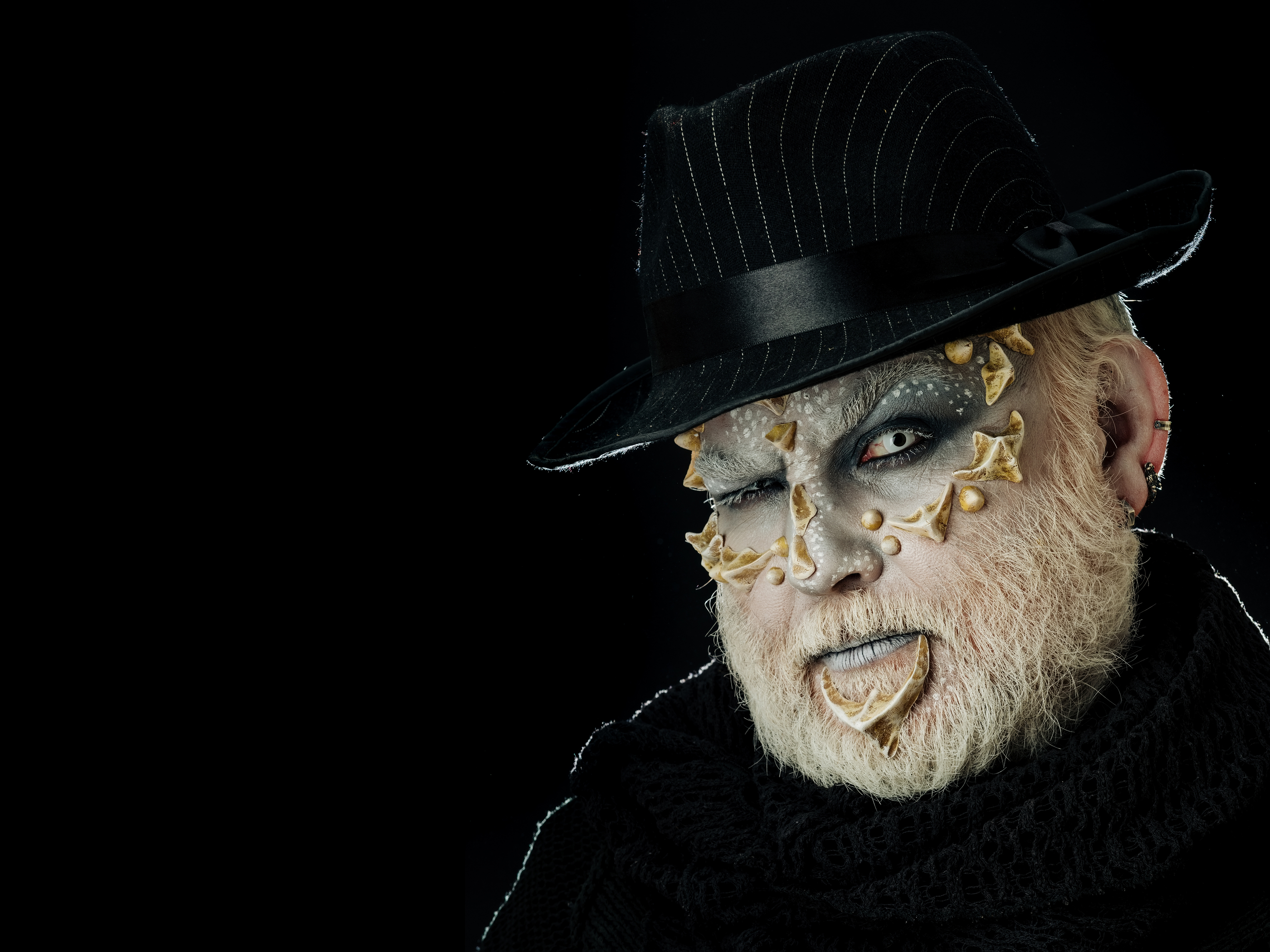
 Plagued with inexplicable dreams, Albert had not slept in days. To compound his malaise, he missed Mileva, who had stayed with her parents. He took in a deep breath, then reluctantly pushed himself out of his warm cocoon. As the covers fell aside, a tattered flyer landed on the floor. “Discover the Secrets of The Mystical Travelers” it proclaimed. An illustration of a dignified-looking man of indeterminate age with a hint of a mischievous smile bore the inscription, “Pater Benjamin, A Great Spiritual Master.”
Plagued with inexplicable dreams, Albert had not slept in days. To compound his malaise, he missed Mileva, who had stayed with her parents. He took in a deep breath, then reluctantly pushed himself out of his warm cocoon. As the covers fell aside, a tattered flyer landed on the floor. “Discover the Secrets of The Mystical Travelers” it proclaimed. An illustration of a dignified-looking man of indeterminate age with a hint of a mischievous smile bore the inscription, “Pater Benjamin, A Great Spiritual Master.”